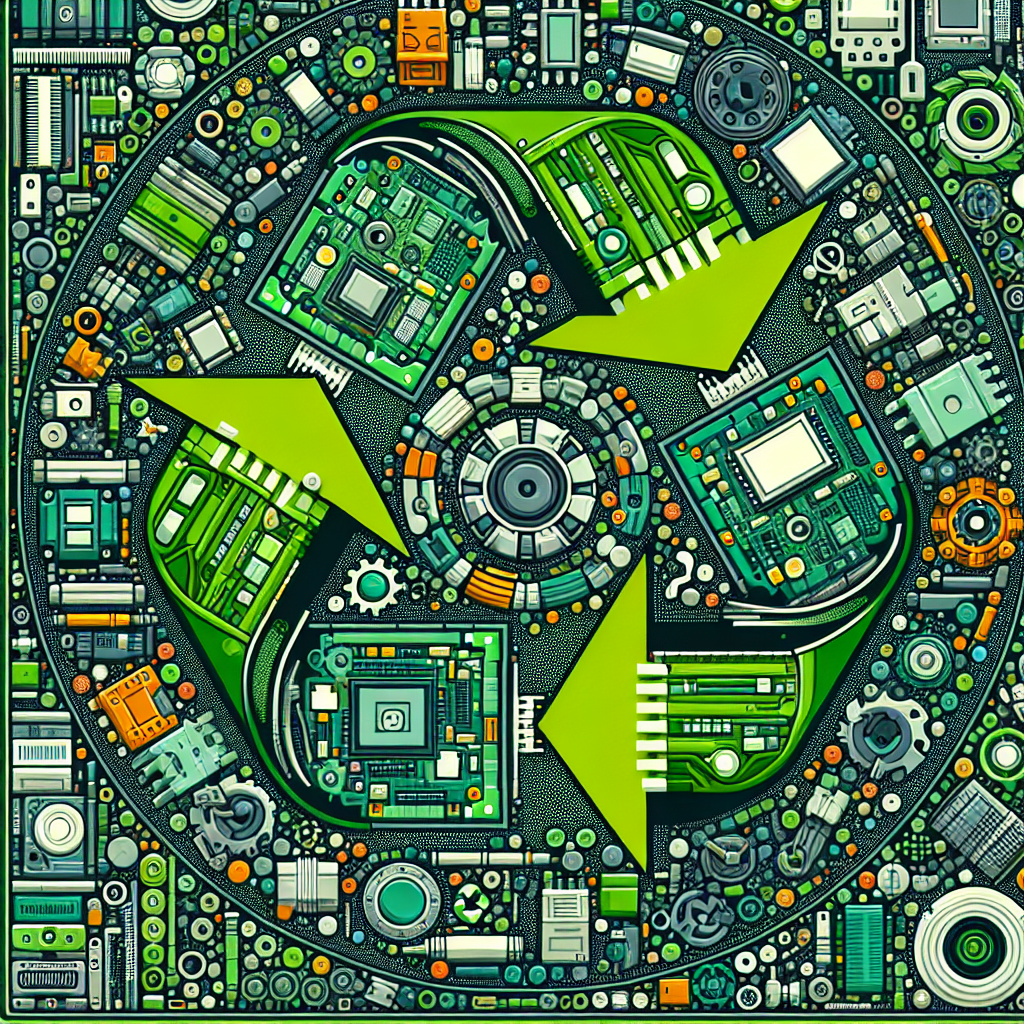Blog Ecobraz Eigre

Ecobraz Emigre circular economy: reusing electronic components
Introduction to the Circular Economy in the Electronics Sector
The circular economy applied to the electronics sector promotes the reuse and extension of the useful life of components, reducing environmental impact and meeting current legal requirements. As established in the National Solid Waste Policy (Law No. 12.305/2010, articles 3 and 33), the reuse and recycling of electronic components is fundamental to mitigating environmental liabilities.
Importance of Reusing Electronic Components
The practice of reuse makes it possible to reduce the consumption of virgin raw materials and reduce the generation of hazardous waste. It also helps to comply with Law No. 12.305/2010 by promoting the application of reverse logistics concepts and shared responsibility among the players involved.
Technical Processes for Component Reuse
The reconditioning of electronic equipment involves rigorous stages of disassembly, categorization and functional testing, guaranteeing the quality of the reused components. Sanitization procedures, especially for storage devices, are essential for data protection, according to technical guidelines available for safe disposal of media and hard drives.
Collection for Reuse and Reverse Logistics
Efficient collection of used electronic equipment is essential for making the circular economy viable. Organized reverse logistics contributes to the correct disposal of these components, avoiding inappropriate disposal in landfills and environments. To schedule specialized collection, you should use designated platforms, such as electronic waste collection.
Environmental Legislation and Compliance
The sector must be in line with Brazilian environmental regulations, such as CONAMA Resolution 401/2008, which establishes procedures for managing waste electrical and electronic equipment (WEEE). Compliance with these standards guarantees legal certainty and prevents environmental fines.
Corporate and Environmental Benefits
In addition to reducing environmental impact, the reuse of electronic components minimizes costs related to the acquisition of new parts and waste treatment, promoting gains in sustainability and innovation in the technology sector.
Conclusion
The adoption of the circular economy, through the reuse and recycling of electronic components, is an effective strategy for environmental sustainability in line with Brazilian legal requirements. The use of regulated and certified practices is essential for the success of this initiative.

Deixe um comentário
O seu endereço de e-mail não será publicado. Campos obrigatórios são marcados com *